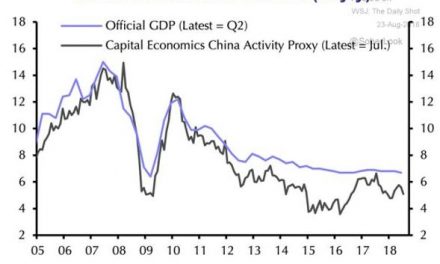
Unemployment in Namibia and the role of Trade Unions
Dear Sir
I am in agreement with the fact that trade unions have an important role to play in our economy, but certain regulatory aspects need to be changed in order for unions to be interested in more jobs being created rather than simply push for higher wages. Statistics in Namibia indicate that an estimated 30% to 35% of our employed labour force is unionised with varying unionisation rates between different sectors of the economy. The inherent problem with the above arrangement is that trade unions represent the interests of the employed members and not the interests of the unemployed. With only 30% unionisation rate of employed workers and a massive 30% unemployment rate it is rather obvious that the majority of Namibians are not represented by the unions.
It is also very important to note that trade unions receive their revenue through membership fees. All trade unions charge membership fees calculated as a percentage of the worker’s wages. For example, a union member earning N$5,000 per month will pay a monthly fee of say 1,5 % equalling N$75 per month. Based on the above revenue generating structure the trade unions have the inherent interest to push for higher wages for their already employed members. Higher wages result in higher membership fees and higher revenue. The focus of most Trade Unions in Namibia is to increase the wages of their members and to attract members from other unions rather than create more jobs for the unemployed. In my opinion exactly this pressure to increase wages, even in a situation where the workers might be fairly remunerated, rather than increase the number of previously unemployed members can be one of the reasons for persistent unemployment in our economy. As unions push for higher wages the employers become more reluctant to employ more people. Based on the above argument one can propose that trade unions are regulated to change their revenue generating structure. One option will be to base the membership fee on a flat nominal fee per member irrespective of their salary level. Such change will automatically create the incentive for the trade unions to push for higher employment rates rather than higher wages of existing employees. This in return should also result in employers creating more jobs as the environment will be more conducive in terms of lower upward pressure on wages. Such increase in jobs at the possible cost of slightly slower growth in wages should have a positive effect on poverty eradication and persistent socio-economic inequalities in our country.
Alexander Kirov
24 November 2015














































